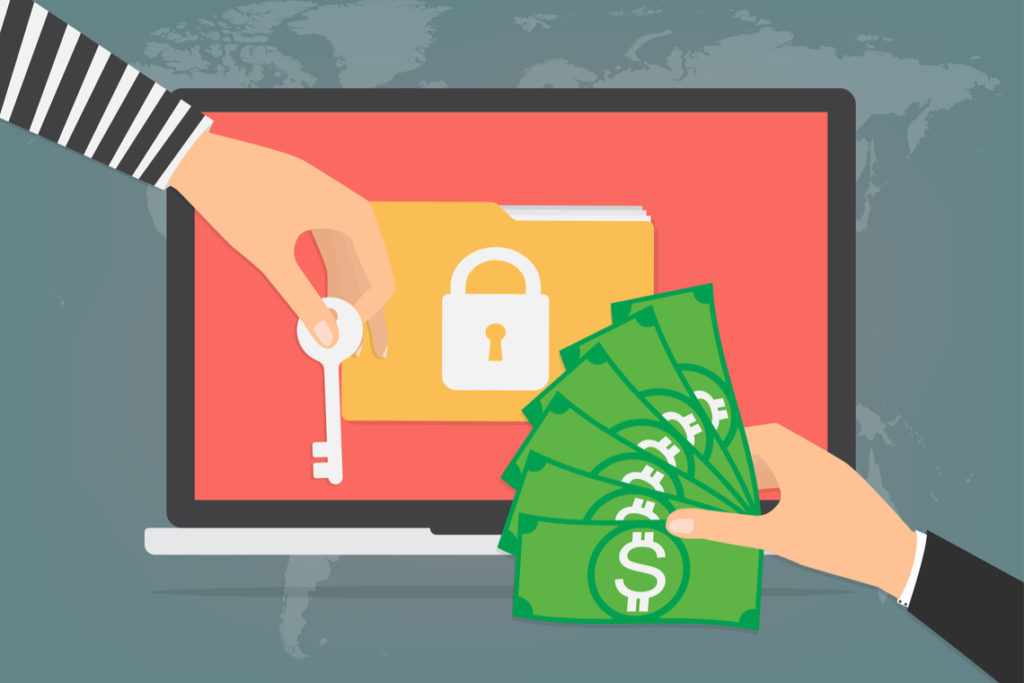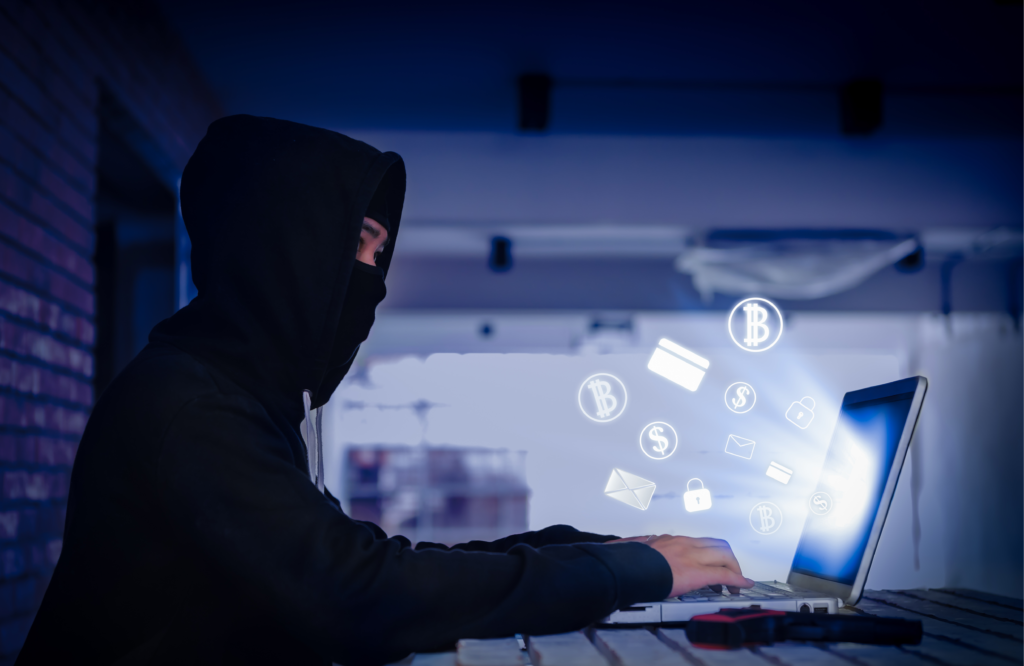[ad_1]
In addition to the outbreak of the corona virus that is spreading across Europe, the French government also appears to be facing a wave of ransomware attacks to deal with.
The French government’s CERT-FR cybersecurity team was the first to raise the alarm. The security agency said a network of ransomware hackers targets multiple local government networks in the country. According to CERT, the hacks are now widespread and are carried out with the ransomware strain Mespinoza. [ZDNet]
Randomware attacks come at their worst
Mespinoza ransomware was first reported by an investigator named Amigo-A in October 2019. At that point, the victims said that they suddenly found that some of their computer files had a .locked extension and the documents themselves were not accessible. In December, a new type of attack was discovered, replacing the blocked extension with .pysa. So it became known to some as “Pysa Ransomware”.
This particular malware was a popular tool against large companies with valuable data worth several million dollars. As stated in the report, hackers have now targeted government organizations as multiple reports of digital infections have been recorded.

While the government is still looking for more details, recent evidence indicates that brute force attacks are being used against administrative consoles and Active Directory accounts. Active Directory is a Windows product that runs on the Windows server and controls access and permissions to network resources.
Several organizations reported to CERT that they saw remnants of batch and PowerShell scripts and unauthorized Remote Desktop Protocol (RDP) connections to their domain controllers. These protocols provide the user with an interface for connecting to other computers on a network. Attackers also appear to have installed the PowerShell Empire penetration test tool to disable antivirus applications.
Canada receives increased threats to cyber security
Ransomware attacks are becoming increasingly common in today’s world, especially as governments appear to be focusing on the COVID-19 outbreak. Reports have confirmed ransomware attacks have increased in recent weeks, and several countries have confirmed that attackers are afraid of sending emails to their victims by falsely promising remedies and vaccines.
As soon as these emails are opened, the content of the computers is blocked immediately.

Carmi Levy, director of the Canadian Info-Tech research group, confirmed that citizens are at higher risk of experiencing digital attacks related to coronaviruses, and stated that hackers are simply exploiting people’s desire for a simple solution to a problem. .
Do you use telegram? Join the Telegram trading community to get exclusive buy and sell signals for cryptocurrencies, educational content, discussions and project analysis!
Join the Cryptocurrency group on Facebook to comment on the latest news, share the best blockchain projects and trading signals, and win the market
Disclaimer of liability. Read moreRead less
As a leading blockchain and fintech news company, BeInCrypto always strives to comply with strict editorial guidelines and the highest journalistic standards. With this in mind, we always encourage and encourage readers to do their own research into the information contained in this article. This article is intended as news and is for informational purposes only. The topic of the article and the information provided may have an impact on the value of a digital or cryptocurrency asset, but is never intended. Likewise, the content of the article and the information contained therein do not intend and do not intend to provide sufficient information for a financial or investment decision. This article is not expressly intended as financial advice, it is not financial advice and should not be construed as financial advice. The content and information in this article have not been prepared by a certified financial professional. All readers should always conduct their own due diligence with a certified financial professional before making an investment decision. The author of this article may have any amount of Bitcoin, cryptocurrencies, other digital currencies, or financial instruments at the time of writing, including but not limited to those contained in the content of this article.
[ad_2]


Add Comment